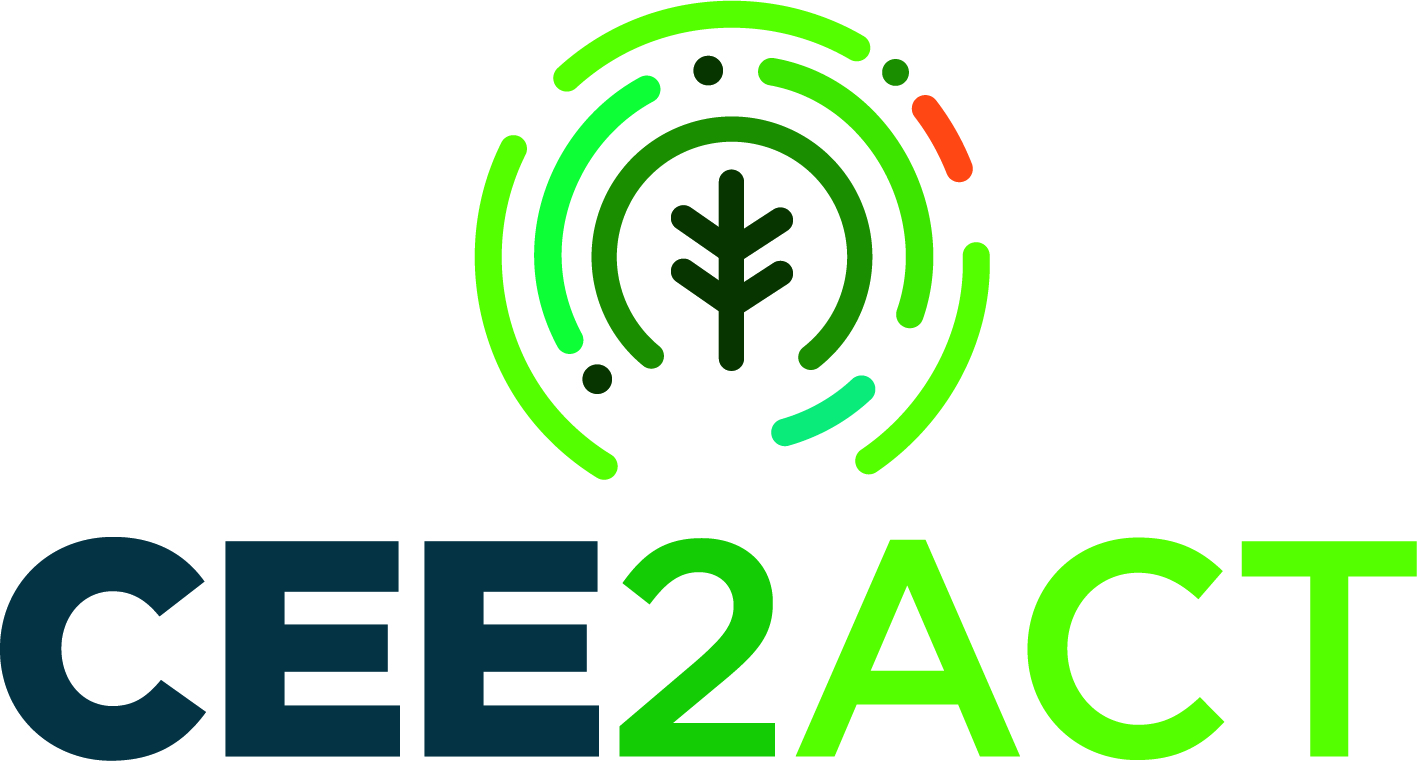
CEE2ACT
Project Description:
CEE2ACT empowers Central Eastern European countries to develop circular bioeconomy strategies through knowledge transfer, innovative governance, and stakeholder engagement. By leveraging expertise from experienced countries, the project fosters bottom-up, participatory approaches to address knowledge gaps and drive sustainability. National Bioeconomy Hubs will facilitate collaboration across public institutions, industry, SMEs, academia, and NGOs, ensuring informed decision-making and digital solutions for sustainable governance. The project will culminate in National Roadmaps to accelerate the transition towards a circular bioeconomy.
Geonardo's Role:
As the coordinator of CEE2ACT, Geonardo ensures seamless project management, stakeholder engagement, and policy integration. Representing Hungary, it leads national activities, including the Hungarian Bioeconomy Forum, National Roadmap development, and high-level EU collaborations. Additionally, Geonardo spearheads e-solutions, developing the CEE2ACT e-learning platform and driving project sustainability and exploitation.
Key Contributions:
- Project Coordination: Geonardo oversees project management and ensures smooth collaboration among partners, responsible for project synergies and engaging with the Commission.
- Responsible for CEE2ACT national activities in Hungary: responsible for stakeholder engagement activities in Hungary, creation of the National Roadmap, and MoU signing among HBF members.
- Digital presence and managing the Hungarian Bioeconomy Forum: responsible to create and manage relevant content on the bioeconomy progress in Hungary,
- Leader of E-solutions: Geonardo coordinates the work within the work package e-solutions for green governance, and is responsible to deliver e-learning materials (four modules: 1. Introduction to circular bioeconomy, 2. Bioeconomy for and from CSOs and citizens, 3. Bioeconomy for private organisations and Businesses 4. Bioeconomy for research and public organizations).
- Project Sustainability & Exploitation: We lead the development of an exploitation plan, ensuring project results achieve lasting impact and adoption by relevant actors.
Full name
Empowering the Central and Eastern European Countries to Develop Bioeconomy Strategies and Action Plans
Funding Programme
Budget
Duration
